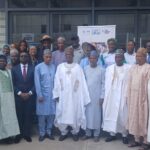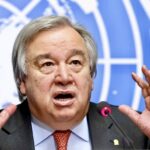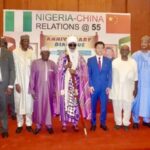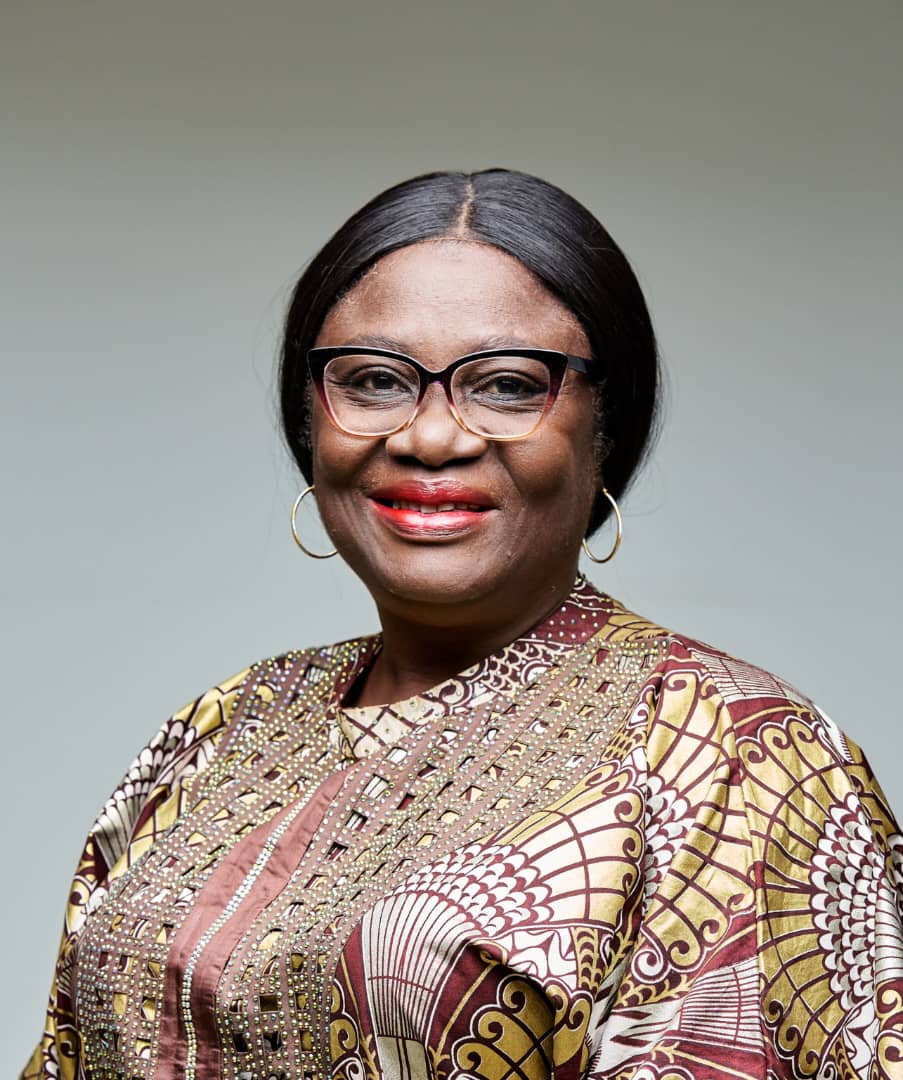By Diana Omueza
International Action Network on Small Arms (IANSA), a coalition on disarmament, has hailed Nigeria for leading Africa in promoting a safer, conflict-free continent in line with the Convention on Cluster Munitions.
Dr Mimidoo Achakpa, the Coordinator of IANSA Women Network in Nigeria (IANSAWNN), said this in an interview with the News Agency of Nigeria (NAN) in Abuja.
NAN reports that the Convention on Cluster Munitions, an international treaty, bans the use, development, production, stockpiling and transfer of cluster munitions considering its disproportionate, long-lasting harm to civilians.
Adopted in 2008 and entered into force in 2010, the treaty requires states parties to destroy existing stockpiles, clear contaminated areas, and provide assistance to victims.
Achakpa said that Nigeria, as a committed state party, had distinguished itself as the champion of the convention in Africa through several advocacy and humanitarian acts.
According to her, Nigeria has advocated for universalisation of the convention across Africa, mobilising ECOWAS and African Union platforms to encourage state parties to join.
“Nigeria pushed for stronger victim assistance commitments, ensuring that survivor needs remain central in humanitarian disarmament debates.
“The country has contributed to clearance and mine action work on the continent, reinforcing Africa’s collective efforts to eliminate the threat of cluster munitions.
“Nigeria serves as a bridge-builder in multilateral fora, voicing the concerns of conflict-affected communities and emphasizing Africa’s stake in upholding humanitarian norms,” she said.
Achakpa said that Nigeria’s leadership at the 2025 meeting of states, scheduled to take place in September in Geneva, would be crucial.
She said that Nigeria’s presence would shape discussions on Lithuania’s withdrawal, reinforcing the treaty’s credibility, and charting the path toward a cluster munition–free world.
NAN reports that Lithuania’s unprecedented withdrawal in March marks the first time a state left a humanitarian disarmament convention.
Achakpa said that Nigeria’s leadership would buttress the role of grassroots and gender-inclusive approaches which strengthens the implementation of treaties by addressing victims’ needs and ensuring that policies were responsive.
She added that Nigeria’s combined state leadership and civil society activism represented a valuable model in Africa for how the convention’s norms could be upheld.
This, she said, was not only through ratification, but through domestic implementation, advocacy, and support.
Achakpa raised the alarm that troubling setbacks were threatening to weaken the international norm established by the convention which called for immediate attention.
“In 2024, state parties destroyed more cluster munition remnants than in any of the preceding five years, releasing over 100 kilometre squares of land for safe civilian use.
“To date, nearly 1.5 million cluster munitions containing 179 million submunitions have been destroyed, and no state party has ever used, acquired, or transferred these weapons since joining the treaty.
“Ongoing use by state parties, particularly Russia and Ukraine, as well as Myanmar and previously Syria, has resulted in devastating civilian harm, with more than 1,200 casualties in Ukraine since Feb. 2022,” she said.
Achakpa added that U.S. transfers of cluster munitions to Ukraine, including through the territory of state party Germany, have further challenged the treaty’s credibility.
She said that in spite of the numerous challenges, the global stigma surrounding cluster munitions continued to grow, which was worrisome.
Achakpa said that there was critical need for stronger victim-assistance, noting persistent gaps in access to medical care, rehabilitation, and psychosocial support, particularly in rural and conflict-affected areas.
The IANSA Coordinator called for a renewed global commitment on accelerating universalisation, strengthening survivor support and resisting any erosion of the convention’s core humanitarian achievements.
She said that civil society actors must not relent in bridging gaps between treaty obligations and on-the-ground realities.
This, she said, was especially in conflict or post-conflict settings where clearance, victim assistance, legal reforms, and awareness raising were needed.(NAN)(www.nannews.ng)
Edited by Mark Longyen












